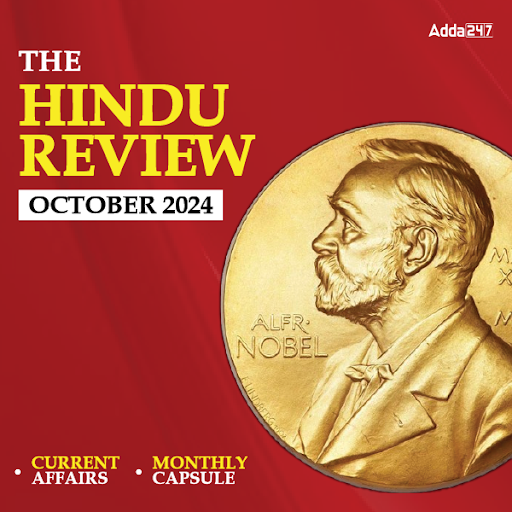These days there is much love for farmers among people who do not meet farmers. In their imagination, farmers are earthy, ancient and genuine, like noble organic vegetables. In the English-language media, farmers have 1.___(celebrated) the same status as “techies”—they are a flock of same people to whom stuff happens. Rich, poor, male, female, high-caste, Dalit, the Bihari farm worker and Kannadiga planter, are all just farmers. And the farmers themselves have caught on to this. In March, a group of Tamil farmers went to Delhi to protest in green loin cloths and garlands made out of exhumed skulls that they claimed belonged to farmers who had 2___ (done)suicide. They also held live mice and parts of dead snakes between their teeth to get the 3.___(authorization) of the prime minister so that he would 4.___(pay) their loans. No other class of people could have gotten away with wearing human-skull garlands and biting live mice, but they were farmers.
If poor farmers had not become the 5. _______(losses)of all farmers, they would have been identified clearly as the primary foes of the urbane crowd. Farmers, though scholars of the land, are the same entrepreneurs who 6.___(produce) chemicals to make their produce look fresh. The rich among them don’t pay taxes. They are the largest consumers of fresh water—irrigation alone takes up over 80% of Indian freshwater, chiefly to grow high-carb crops, like rice, that are heavily 7.___(subsidized) too. They also consume free or cheap electricity. There is a more important reason why the farmer is the natural foe of the liberal urbane—the farmer is a villager. In the villager live the instincts and compulsions of a primordial tribal. He can survive only as part of the herd. As a result, identity is everything to him. He must 8.___(preserve) caste, and social hierarchies, and religious venoms, and the place of men over women. He might be an oppressed man but to everybody who is below him, he is an oppressor too. He cherishes a type of order that keeps the hierarchies in place. He considers social order “tradition”, and civil disorder “freedom”.
B.R. Ambedkar had contempt for the Indian village. The liberation of Dalits, he was clear, involved their liberation from the village. Urban migration was then, as it is now, not merely about economics, but also a 9.___(limitation) of anonymity for those for whom identity is a curse. The villager does not live in villages alone. In fact, cities have become the more powerful 10.___(challengers) of the feudal village. Villagers fill Parliament, the legislative assemblies and municipal bodies. They fill government offices. They run big and small businesses too. They are in the richest ghettos of Mumbai.
Q1.
(a) attained
(b) hailed
(c) identified
(d) branded
(e) no correction
Q2.
(a) concluded
(b) ended
(c) completed
(d) committed
(e) no correction
Q3.
(a) money
(b) acquiescence
(c) permission
(d) attention
(e) no correction
Q4.
(a) reimburse
(b) waive
(c) compensate
(d) balance
(e) no correction
Q5.
(a) victims
(b) sufferers
(c) mascots
(d) fatalities
(e) no correction
Q6.
(a) manufacture
(b) spray
(c) assemble
(d) amass
(e) no correction
Q7.
(a) cultivated
(b) cultured
(c) urbane
(d) civilized
(e) no correction
Q8.
(a) prevent
(b) include
(c) thwart
(d) foil
(e) no correction
Q9.
(a) law
(b) regulation
(c) parameter
(d) pursuit
(e) no correction
Q10.
(a) competitors
(b) bastions
(c) rivals
(d) adversaries
(e) no correction
Directions (11-15): Pick out the most effective pair of words from the given pair to make the sentences meaningful.
Q11. In India, particularly considering the prevalent differences between __________ and tariffs, alternate schemes for rural electrification are unlikely to succeed unless the resultant tariffs are perceived to be __________.
(a) people……better
(b) industry……cheaper
(c) subsidiaries……manageable
(d) costs……reasonable
(e) cards……cheaper
Q12. __________ in India has been the __________ of Small and Marginal Farmers.
(a) Systems……outcome
(b) Water……tenure
(c) Agriculture……preserve
(d) Fertilizers……possessed
(e) Farmers……future
Q13. __________ keep the environment clean, by __________ on animal carcasses.
(a) Birds……eating
(b) Animals……feeding
(c) Fish……gulping
(d) Vultures……scavenging
(e) Machines……encroach
Q14. The researcher had been __________ for some information when suddenly he __________ that he had noted down some of the facts in his diary.
(a) aspiring……responded
(b) hunting……realized
(c) looking……enquired
(d) levelled……suggested
(e) recommend……vest
Q15. Power to __________ the constitution __________ in Parliament.
(a) change……rests
(b) amend……vests
(c) read……directs
(d) revise……rests
(e) recommend……vest




 The Hindu Review October 2022: Download ...
The Hindu Review October 2022: Download ...
 CAIIB ABM Exam Analysis 2024, 24 Novembe...
CAIIB ABM Exam Analysis 2024, 24 Novembe...
 Important Essay Topics for IBPS PO Mains
Important Essay Topics for IBPS PO Mains




